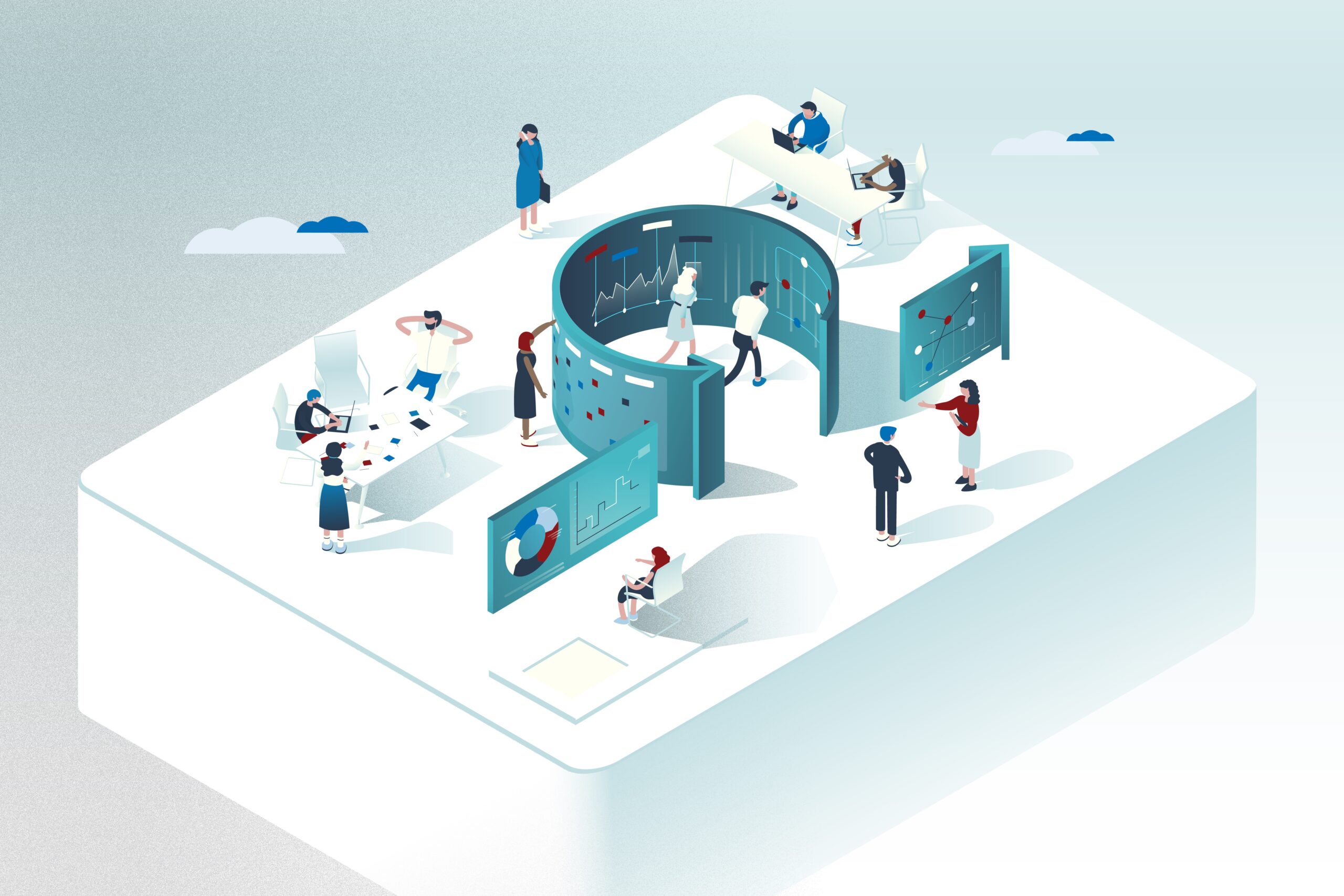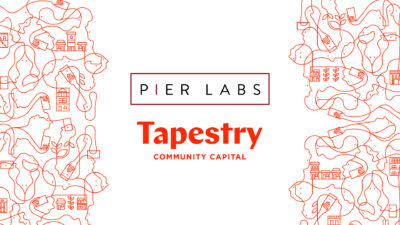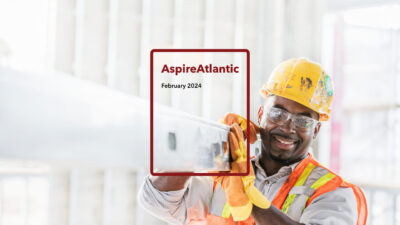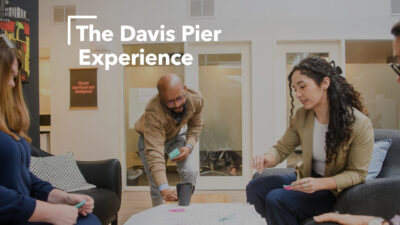Davis Pier’s Co-Founder and CEO Mike Davis was honoured to host our first webinar and was joined by panellists, Deputy Minister Nancy MacLellan, and Nick Jennery, the Executive Director of Feed Nova Scotia. The panel centred on the best practices of social innovation labs and included tangible examples from the panellist’s past experiences.
The conversation was kicked off with a grounding question – what does “innovation” mean to you? Nick shared that innovation comes from being uncomfortable. It means that in the space of uncertainty, wearing the weight of risk you do the opposite to what you’ve been trained to do. And then taking it a step further, he added, that when you put the word “social” in front of innovation, then it becomes intensely personal.
Minister MacLellan supported Jennery’s point, by describing how innovation pushes people into a place of discomfort. At its core, innovation is rooted in a level of risk and failure, sharing “if you’re getting it right 99% of the time, then you’re not taking the risk.”
The panelists also discussed how, it’s critical to involve people with lived experience, along with service providers, the private sector, and even bystanders when coming together to develop a social innovation lab.
“The more of this type of work you do, the more you become comfortable with the need to redefine success. The normal things have been tried and they aren’t solving the problem.” – Mike Davis, CEO Davis Pier
In terms of tangible outcomes for positive change, the panel had several past innovation labs to point to.
Minister Maclellan highlighted the success of the Department of Community Services and NS GovLab in creating space for decolonial practices and anti-Black racism work, helping to empower people to be solution-oriented and see themselves in the solution.
She also shared that by implementing a “train the trainer model”, NS GovLab was able to take the lessons and spread them from person to person and community to community. “It’s a sweet spot for any kind of social innovation, creating space to get out of the way and let folks be solutionist about their own work and lives.”
Nick spoke of his experience with the food-inclusive housing social innovation pilot project, sharing how social innovation teaches you how thinking in contradictory ways while involving the people you are trying to help can give you breakthroughs in addressing problems.
In addition to these topics, the panel dug into observations around successes and challenges with labs, and additionally how to best work with the community and importantly those with lived experience.
As Nick shared at the end of the event, “I didn’t create it, but I’m a part of it now and I can do something about it.”
If you want to leverage social innovation labs to tackle systemic issues, you can also download our whitepaper on Social Innovation Lab governance best practices and lessons.
{% video_player “embed_player” overrideable=False, type=’scriptV4′, hide_playlist=True, viral_sharing=False, embed_button=False, autoplay=False, hidden_controls=False, loop=False, muted=False, full_width=False, width=’960′, height=’540′, player_id=’60376590493′, style=” %}




